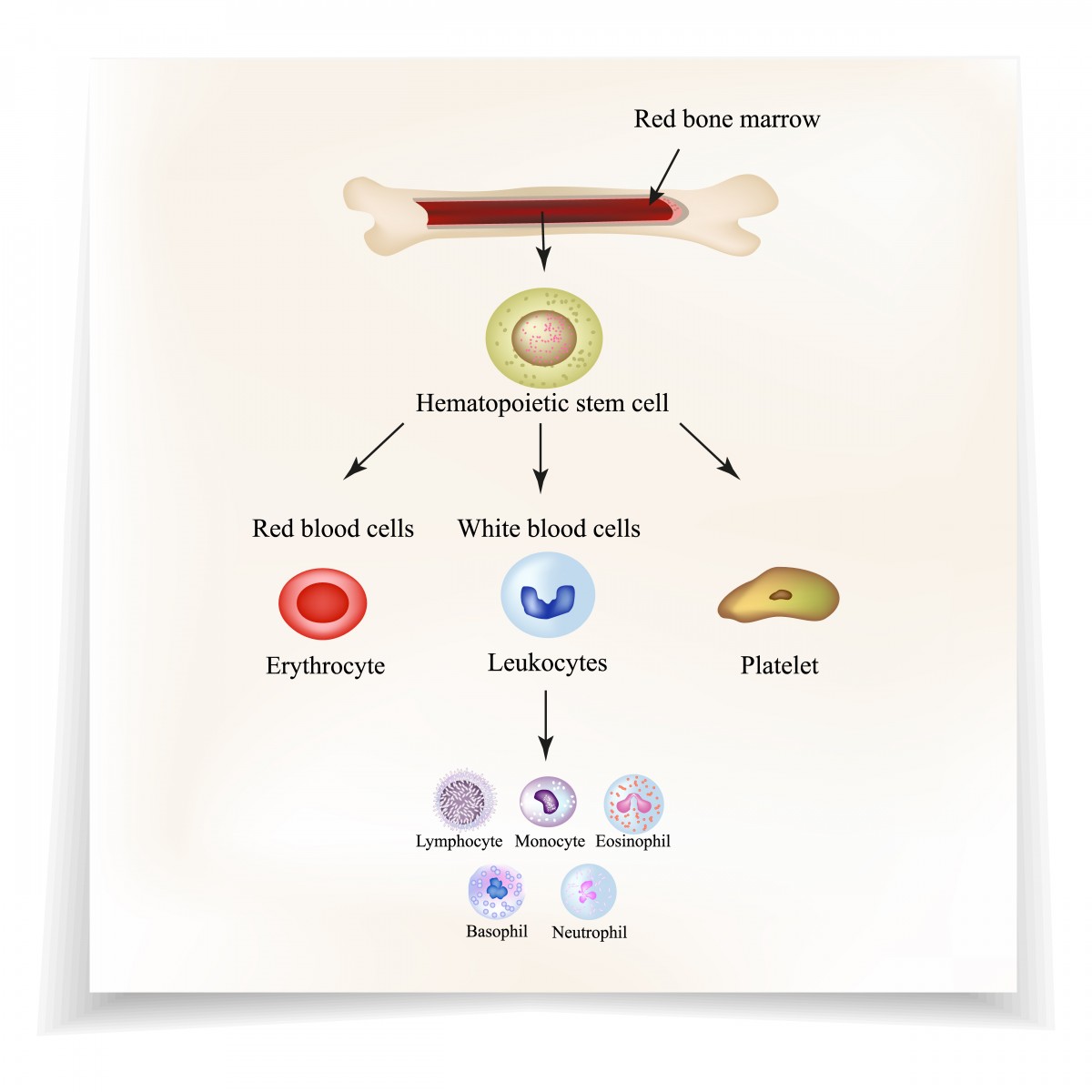Phase 3 Study of Stem Cell Transplantation in Multiple Myeloma Patients Showing Early Benefits

Results from an ongoing clinical trial supports the use of upfront autologous stem cell transplantation (ASCT) to treat multiple myeloma patients age 65 or younger. The findings, in a report titled “Upfront autologous stem cell transplantation (ASCT) versus novel agent-based therapy for multiple myeloma (MM): A randomized phase 3 study of the European Myeloma Network (EMN02/HO95 MM trial),” will be presented at the American Society of Clinical Oncology (ASCO) 2016 Annual Meeting on June 3.
A Phase 3 trial is investigated outcomes in 1,266 newly diagnosed multiple myeloma patients who undergo induction therapy with bortezomib/cyclophosphamide/dexamethasone, followed by one of two treatments — either bortezomib/melphalan/prednisone (VMP), or high-dose melphalan followed by single or double (tandem) ASCT.
After a median follow-up of two years, first interim analysis results showed a 24% improvement in progression-free survival among patients assigned to high-dose melphalan and ASCT. The benefits were observed in multiple patient subgroups, particularly in patients with revised International Staging System stage III disease and those with high-risk cytogenetics: exhibiting a 48% improved progression-free survival with ASCT and a 28% improved risk, respectively (high risk cytogenetics refers to patients with high risk for chromosome abnormalities, such as chromosome deletions or translocations).
Transplant treatment was also associated with improvements that included patients’ quality response: 84% of those undergoing ASCT achieved a very good partial response, compared to 74% of those assigned to VMP.
These results support the use of upfront ASCT as the best treatment for younger newly diagnosed multiple myeloma patients, the researchers said. The study will include a second phase, in which patients in both groups will be randomly assigned to received either a consolidation therapy with bortezomib/lenalidomide/dexamethasone, or to no consolidation therapy and maintained on lenalidomide until progression.
The clinical trial (NCT01208766), “A Randomized Phase III Study to Compare Bortezomib, Melphalan, Prednisone (VMP) With High Dose Melphalan Followed by Bortezomib, Lenalidomide, Dexamethasone (VRD) Consolidation and Lenalidomide Maintenance in Patients With Newly Diagnosed Multiple Myeloma,” is expected to conclude in April 2021.
ASCO 2016 is taking place in Chicago, Illinois, from June 3–7.
Genmab has announced positive results from its Phase 3 POLLUX study investigating the efficacy of daratumumab, in combination with lenalidomide and dexamethasone, to treat patients with relapsed or refractory multiple myeloma, compared to lenalidomide and dexamethasone alone.
The ongoing trial met its primary endpoint, with treated patients demonstrating improved progression-free survival, indicating that the drug may reduce the risk of disease progression.






